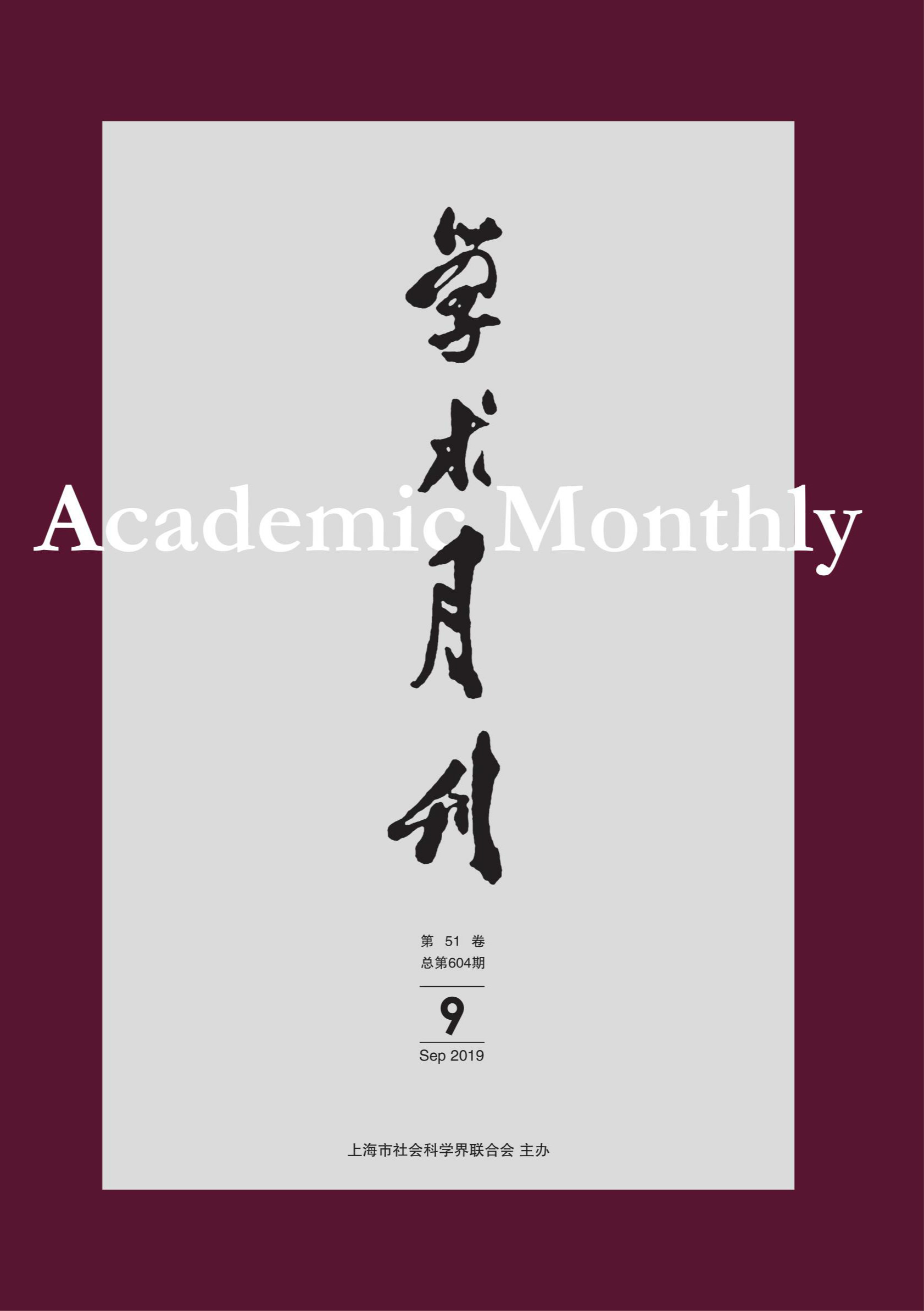Citation:
Zhiyong ZHAI. “The Common Programme” and China’s Unwritten Constitntion (1949-1954)[J]. Academic Monthly, 2019, 51(9): 109-121.

“The Common Programme” and China’s Unwritten Constitntion (1949-1954)
-
Abstract
The united front and the political consultative conference have their own historical traditions. They were gradually recognized and integrated in the preparatory process of the new political consultative conference in 1948−1949, thus making the united front obtain the organizational form of the political consultative conference, and thus the political consultative conference acquired a new basis and nature. The first plenary session of the Chinese people’s political consultative conference establishes the People’s Republic of China and has the dual attribute, both as the organization form of the united front and parties consultation institutions, and as a temporary designated authority of the National People’s Congress (NPC), this dual attribute determines the Three Files of different attributes and functions. “The Chinese People’s Political Consultative Conference (CPPCC) Organic Law” and “the Common Programme” is essentially a political agreement between the parties, and is the self-legislation of the CPPCC as a united front organization form. “The Central People’s Government Organic Law” is closer to the modern written constitution in the content, and is the political decisions of the first plenary session of the CPPCC as temporary designated authority of the NPC. Although the Three Files have different attributes and functions, they constitute the legal basis for the establishment of the People’s Republic of China and become the “unwritten constitution” of China from 1949 to 1954.
-

-
References
-
Access
-
-
[1]
. . Academic Monthly,
2017, 49(06): 164-172.
-
[2]
. Conflicting or Reconciling: An Analysis of the Relationship between Deliberative Democracy and Political RepresentationDuan Demin. Academic Monthly,
2018, 50(03): 115-124.
-
[3]
Yuefeng ZHOU
. The Modernity Denied by the Future: The First World War and the Making of the Hybridity of May Fourth New Culture Movement. Academic Monthly,
2020, 52(3): 167-178.
-
[4]
Shikai WANG
. Organic Unified Politics:The Core of Chinese Socialist System’s Stereotype. Academic Monthly,
2020, 52(2): 76-85, 94.
-
[5]
. . Academic Monthly,
2017, 49(01): 76-85.
-
[6]
. New Political System Starts from the South: “The Southeast Mutual Protection” in Political Constitution Studies. Academic Monthly,
2018, 50(04): 69-85.
-
[7]
. . Academic Monthly,
2016, 48(03): 66-79.
-
[8]
ZHANG Xiang
. . Academic Monthly,
2018, 50(6): 67-77.
-
[9]
Yinhong WANG
. From “Political Consensus” to “Consensus Politics”:Institutional Implications and Constitutional Meanings of the Electoral Capitulations in Holy Roman Empire. Academic Monthly,
2019, 51(5): 102-111.
-
[10]
Zhibiao LIU
. Determinants and Policy Options of the Establishment of Large Unified Domestic Market. Academic Monthly,
2021, 53(9): 49-56, 84.
-
[11]
ZHANG Shuping
. . Academic Monthly,
2018, 50(9): 110-120.
-
[12]
Shangjian YAO
. Right and Communities: National Borders of Ethnic Diversity. Academic Monthly,
2019, 51(11): 70-78.
-
[13]
. . Academic Monthly,
2017, 49(07): 78-87.
-
[14]
ZHANG Guangting
. The Belt and Road Initiative and Theoretical Innovation in International Politics and Economy —— An Analytical Framework. Academic Monthly,
2023, 55(9): 43-57.
-
[15]
Gangsheng BAO
. Why Do Political Crises Take Place:A Theoretical Analysis Based on the Liberal Polity Doctrine. Academic Monthly,
2019, 51(11): 79-94.
-
[16]
. . Academic Monthly,
2017, 49(02): 154-162.
-
[17]
,
. . Academic Monthly,
2017, 49(02): 106-116.
-
[18]
Shikai WANG
. Political System Capacity: An Analytical Framework to Explain the Rise and Fall of National Governance. Academic Monthly,
2021, 53(10): 88-101.
-
[19]
Wenjing ZHONG
, Biliang LUO
. The Asset Logic of Farmers Moving towards Common Prosperity. Academic Monthly,
2022, 54(11): 38-53.
-
[20]
LIU Shouying
. Open Access Order and the Common Prosperity for Rural People. Academic Monthly,
2023, 55(8): 41-60.
-
-



 沪公网安备 31010102003103号
沪公网安备 31010102003103号 DownLoad:
DownLoad: